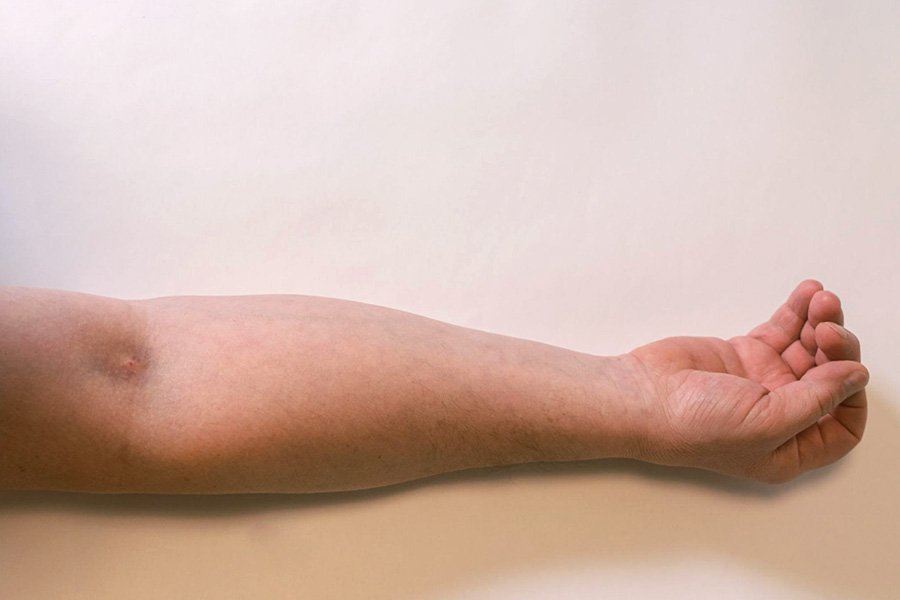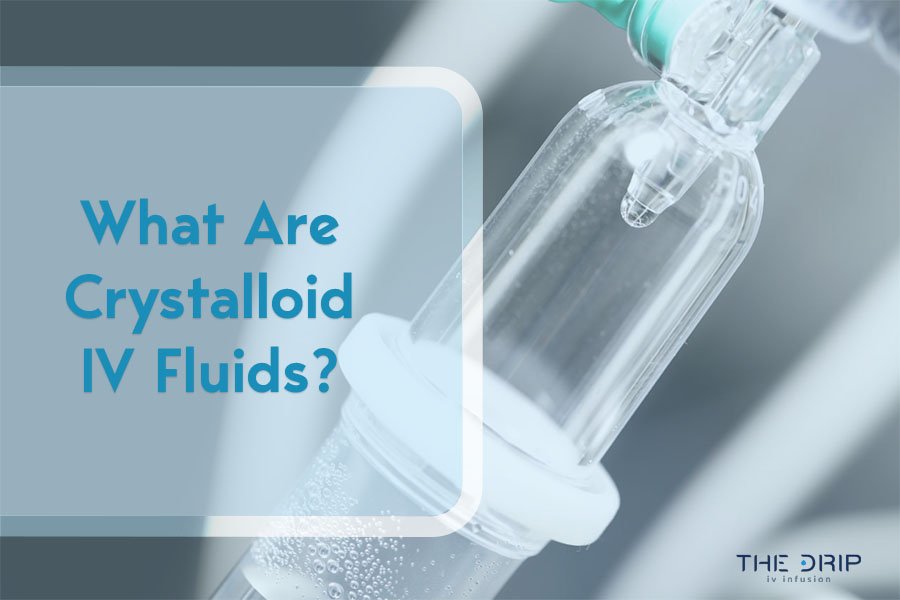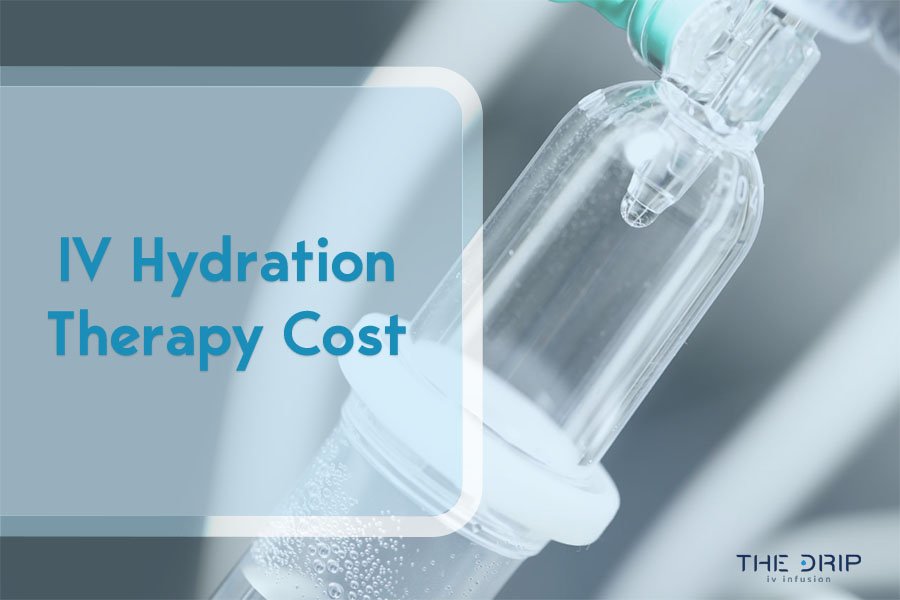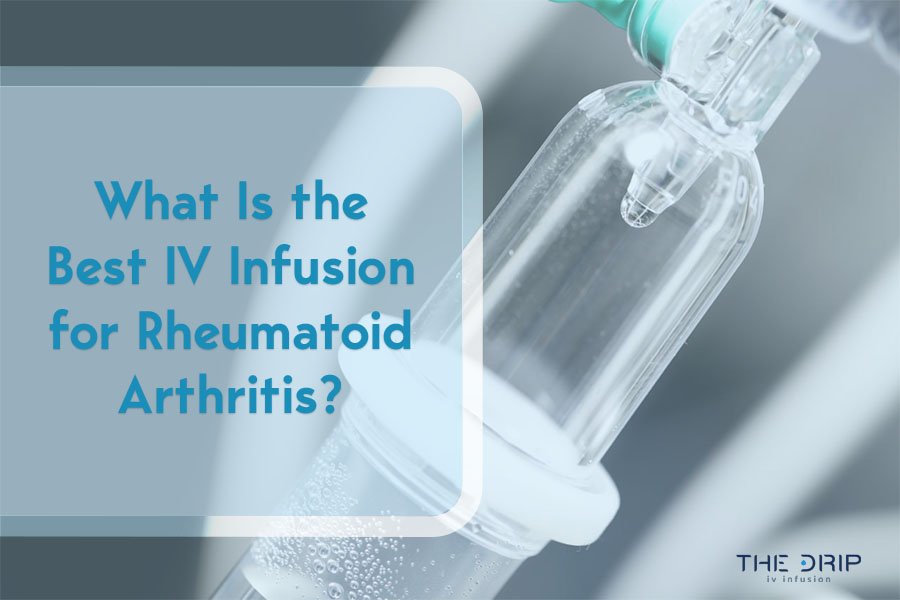IV treatment might be one of the best ways to get your body’s necessary vitamins, minerals and nutrients. But when do you need an IV for dehydration?
Continue reading to find out all the benefits IV therapy may bring. Also, learn what the advantages are when it comes to dehydration and similar conditions.

Source: shutterstock.com/ Photo Contributor: EugeneEdge
When Do You Need an IV for Dehydration?
IV therapy is usually used in severe dehydration. However, most of the population may face mild dehydration characterized by headache, dark yellow urine, thirst and muscle pain.
Such symptoms usually disappear if you drink large amounts of fluids, preventing dehydration from becoming moderate or severe. The severe form of dehydration occurs if early symptoms are not treated.
Wondering how to know if you need IV fluids for dehydration? Staying hydrated is crucial, and for those seeking a convenient solution, consider the IV drip for hydration Phoenix. We provide the potential benefits of IV drip for hydration right at your doorstep. So, the use of IV drip for hydration in patients is required in the following types of dehydration:
Extreme thirst
Excessive tiredness
Dark-colored urine
Less urge to urinate
Confusion
Dizziness
Rapid heartbeat
Low blood pressure
In addition to the above symptoms, these are five signs of dehydration that may occur in newborns and children:
Sunken eyes
Dry mouth
Sunken cheeks
Irritability
Lack of tears
Diaper not wet after three or more hours
Sunken soft spot
Who Is IV Dehydration Therapy Intended For?
This type of therapy is available to everyone, but certain individuals may benefit and require it the most. Primarily, it is the older population because they experience dehydration more often than other age groups. This might be attributed to the effect of drugs, reduced kidney function, and other conditions.
In addition to the elderly, the chronically ill may also benefit the most from IV therapy. Certain health conditions make it difficult for these individuals to consume liquids and obtain essential nutrients orally. Therefore, IV therapy may be an excellent way to replace lost fluids.
IV Hydration Therapy: Benefits and Side Effects
The main possible benefit of this therapy is the rapid delivery of nutrients through the bloodstream. This way, the body can use the necessary minerals, vitamins, and nutrients.
Although this type of therapy is used in patients with nutrient deficiencies, healthy people may often use IV hydration therapy. So, IV hydration therapy might:
Improve the immune system
Help with fatigue
Boost energy levels
Reduce recovery time
Improve general health
Help in the weight loss process
Side effects
Although rare, side effects may occur if IV therapy is not performed correctly and if performed by a person without a proper medical license. In such cases, side effects such as bleeding, swelling at the insertion site, and bruising may happen.
So, this procedure is best performed in healthcare facilities. If performed in a home setting, it should involve a registered nurse.

Source: shutterstock.com/ Photo Contributor: Studio GM
How Are IV Fluids Administered?
The nurse injects IV fluid into the vein using a small needle. This needle is attached to a tube that leads to the IV solution. A valve on the tube controls the amount of liquid that should be administered into the body.
In addition to health facilities, this therapy can also be administered at home. This is especially true for people unable to reach health facilities and older people. In this case, registered nurses come with the equipment to administer IV therapy, determine the type of IV fluid you should receive, and perform the procedure.
After administering the solution, the nurses monitor the patient’s condition for a certain time in case of side effects. After the procedure is over, the medical staff leaves the patient’s home.
If IV therapy is performed at home, it is best to call in licensed medical personnel such as The Drip IV Infusion. Performing this type of therapy by people who are not medically certified may lead to more side effects that may worsen the patient’s health.
Conclusion
When do you need an IV for dehydration? To recap, if you have severe dehydration, you need IV therapy.
However, if you suspect that you have a mild or severe form of dehydration, it is best to consult your doctor, who will tell you if you have indications to receive IV therapy.




